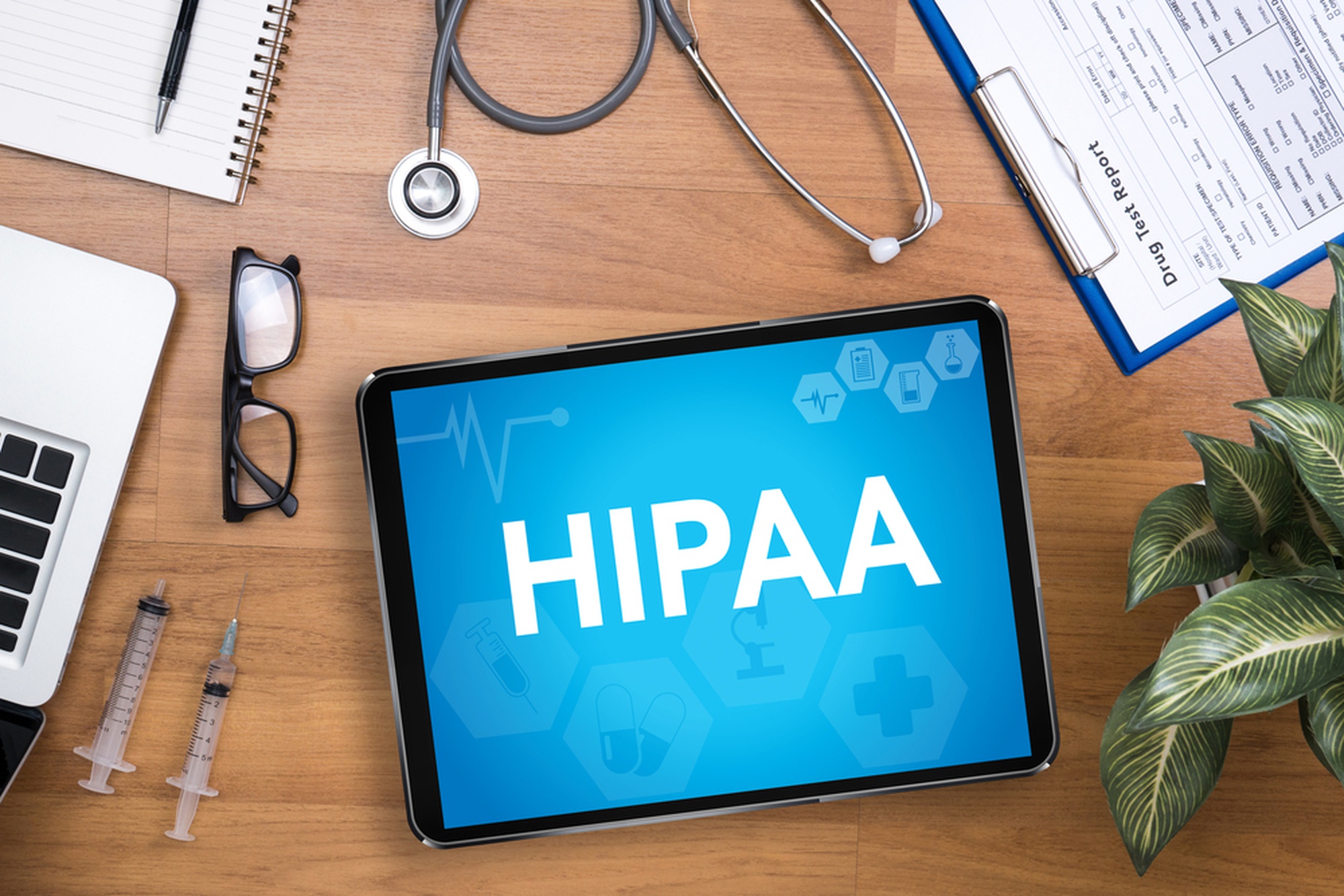The protection of sensitive data has become a concern for all businesses in this digital age. Health Insurance Portability and Accountability Act provides strict guidelines in the health sector regarding the management of storage, handling, and security of protected medical information (PHI). HIPAA compliance for healthcare providers is crucial to maintain their good name, protect patients privacy and avoid fines.

HIPAA law applies to health providers and plans as well as healthcare clearinghouses. It also includes business associates who are covered by HIPAA. PHI is any data that can be used as a means of identifying an person. This comprises names, addresses, credit card details, as well as social security numbers. PHI is highly valuable on the black market because of its potential use in identity fraud.
The HIPAA Privacy rule provides guidelines for disclosure and use of personal health information (PHI). To ensure the integrity, confidentiality and accessibility of the information, covered entities are required to apply policies and practices. These policies and procedures must include access control and security incident procedures security awareness training as well as other security measures. Covered entities must also limit the use and disclosure of PHI only to the level required to achieve the purposes of the use or disclosure.
The HIPAA Security Rule obliges covered entities to protect the integrity, confidentiality and accessibility of ePHI by implementing appropriate and reasonable physical, administrative and technical security measures. These safeguards include audit controls integrity checks, encryption security plans, and contingency plans. They must also conduct periodic assessments of risks to detect potential vulnerabilities and take steps to mitigate those risks.
The HIPAA Breach Notification Rule requires covered entities to notify affected individuals, the Secretary of Health and Human Services, and, in some instances media in the event of a breach of PHI that is not secured. A breach is defined as the acquisition of, access to, disclosure, or the use of PHI that is in violation of the Privacy Rule and compromises its security or privacy. The entities that are covered by the rule are required to undertake a risk analysis the event that they determine whether PHI is at risk and what harm could result from the breach.
HIPAA compliance involves a continuous process of education and training. This helps employees be aware of their duties in regards to patient privacy and security. Risk assessments on a regular basis are conducted by covered entities to discover any possible vulnerabilities. They are then required to take measures to minimize the risk. This could involve creating security controls or encryption of ePHI or creating contingency plans to deal with any security incidents that could occur.
Modern technology has had a significant impact on nearly all aspects of our lives, including health care. Electronic health records were revolutionary because they allowed healthcare providers and patients to share information easily. However the technology has led to significant cybersecurity risks, making an absolute compliance with HIPAA guidelines mandatory. Data about patients is very sensitive and must be safeguarded at all costs. The constant threat of cyberattacks on healthcare organizations is a sign that HIPAA is more vital than ever before. HIPAA is a law designed to secure the privacy of patients as well as information security, which increases trust among patients towards their healthcare providers.
HIPAA can help healthcare providers in maintaining trust with patients and secure their privacy. Not complying with HIPAA regulations can result in massive fines, legal action and reputational harm. Office for Civil Rights of Department of Health and Human Services (OCR) enforces HIPAA rules and has the power to review complaints and investigate the conformance of employees.
HIPAA Compliance is essential for Healthcare Organizations to Protect Patient Privacy in the Digital Age. HIPAA’s regulations provide specific guidelines for how to manage, store, handle, and safeguard private health information. Healthcare providers must ensure they have policies and procedures in place to comply with HIPAA regulations, conduct regular risk assessments, and offer ongoing training and education for employees. They can avoid financial and legal penalties by maintaining trust among patients.
For more information, click why was hipaa created
